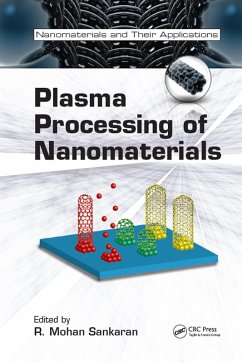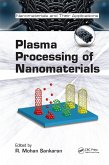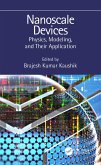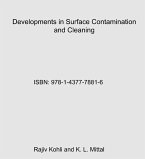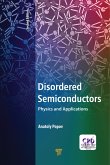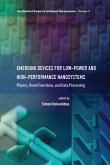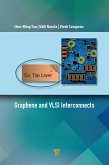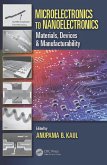We are at a critical evolutionary juncture in the research and development of low-temperature plasmas, which have become essential to synthesizing and processing vital nanoscale materials. More and more industries are increasingly dependent on plasma technology to develop integrated small-scale devices, but physical limits to growth, and other challenges, threaten progress. Plasma Processing of Nanomaterials is an in-depth guide to the art and science of plasma-based chemical processes used to synthesize, process, and modify various classes of nanoscale materials such as nanoparticles, carbon nanotubes, and semiconductor nanowires. Plasma technology enables a wide range of academic and industrial applications in fields including electronics, textiles, automotives, aerospace, and biomedical. A prime example is the semiconductor industry, in which engineers revolutionized microelectronics by using plasmas to deposit and etch thin films and fabricate integrated circuits. An overview of progress and future potential in plasma processing, this reference illustrates key experimental and theoretical aspects by presenting practical examples of:Nanoscale etching/deposition of thin filmsCatalytic growth of carbon nanotubes and semiconductor nanowiresSilicon nanoparticle synthesisFunctionalization of carbon nanotubesSelf-organized nanostructures Significant advances are expected in nanoelectronics, photovoltaics, and other emerging fields as plasma technology is further optimized to improve the implementation of nanomaterials with well-defined size, shape, and composition. Moving away from the usual focus on wet techniques embraced in chemistry and physics, the author sheds light on pivotal breakthroughs being made by the smaller plasma community. Written for a diverse audience working in fields ranging from nanoelectronics and energy sensors to catalysis and nanomedicine, this resource will help readers improve development and application of nanomaterials in their own work. About the Author:R. Mohan Sankaran received the American Vacuum Society's 2011 Peter Mark Memorial Award for his outstanding contributions to tandem plasma synthesis.
Dieser Download kann aus rechtlichen Gründen nur mit Rechnungsadresse in A, B, BG, CY, CZ, D, DK, EW, E, FIN, F, GR, HR, H, IRL, I, LT, L, LR, M, NL, PL, P, R, S, SLO, SK ausgeliefert werden.

